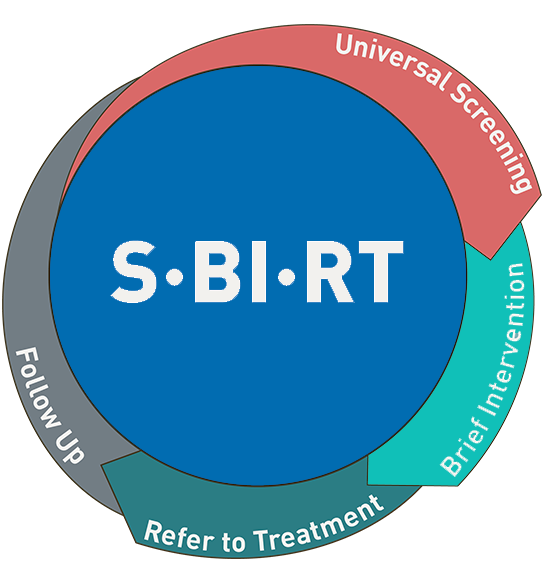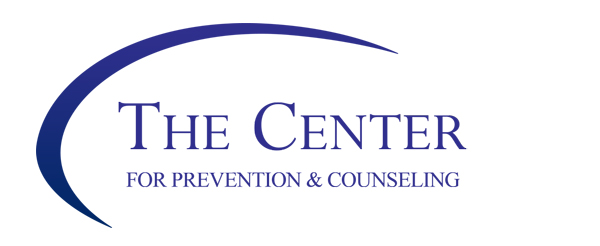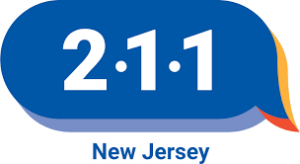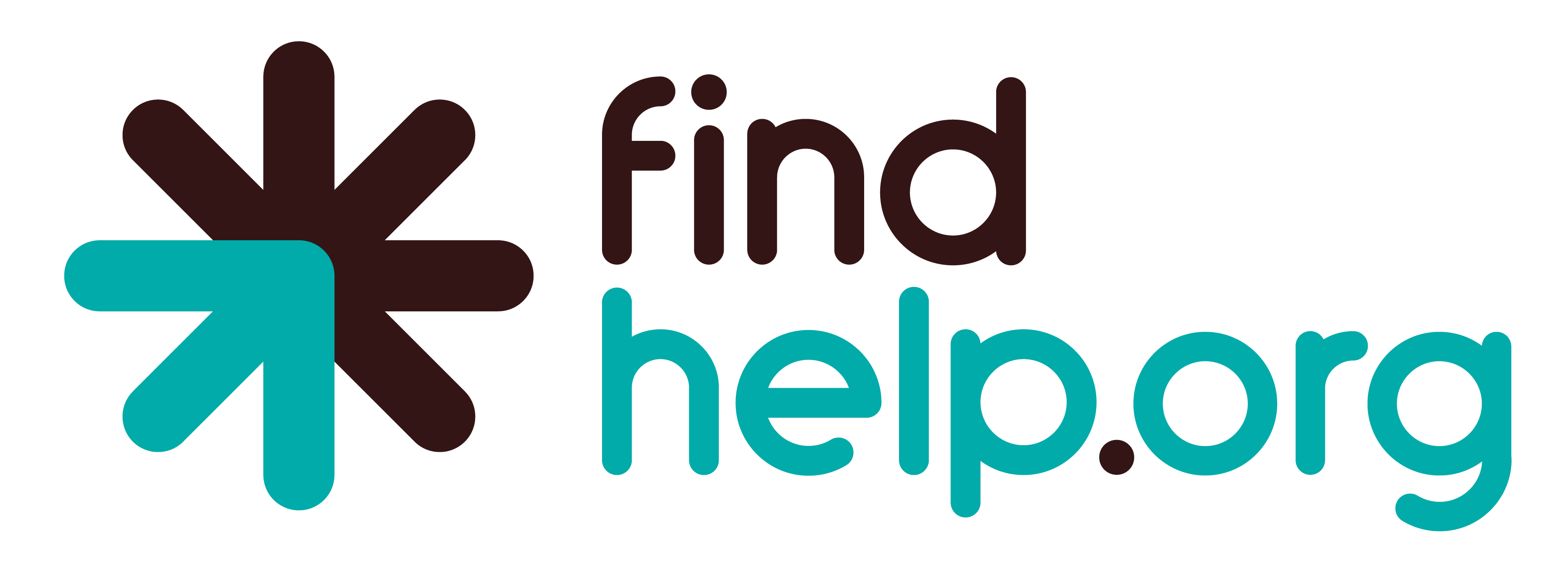Introduction
Screenings are tools focusing on the early detection of potential health or behavioral problems. Over the past few decades, physical screenings at the doctor's office have been a regular step in yearly check-ups, especially once getting to a certain age or being at a higher risk for a specific disease. In addition, the invention of mammograms has saved thousands of lives.
However, mental health is just as important as physical health. The post-COVID-19 environment and landscape have drastically changed, with COVID-19 being the catalyst for the mental health epidemic sweeping across the nation. Bringing into focus that there is much to do for our youth.
According to National Alliance on Mental Illness (NAMI ), about 50% of lifetime mental health conditions start at the age of 14 and 75% at 24 years old.1 However, there is about a 11 year delay between intervention and the appearance of symptoms. Mental health screenings increase early identification and intervention, leading to better health outcomes.
Screening, Brief Intervention, and Referral to Treatment (SBIRT)
What is SBIRT?
SBIRT is a screening tool for all ages, administered by trained professionals. The results can deliver early intervention and treatment for those with substance use disorders and those at risk of developing these disorders.
Why use SBIRT?
- Screening - helps identify risky or potentially risky patterns of substance use in a population to determine the appropriate level of treatment.
- Provide evidence-based interventions for people who may otherwise not access care
- Connect people to resources, services, and supports
- Brief intervention - is a discussion focused on increasing the patient’s insight and awareness regarding substance use and motivation toward behavioral change.
- Referral to treatment - provides those identified as needing more extensive treatment with access to specialty care.

Substance Use Screening
CRAFFT
Car, Relax, Alone, Friends, Forget, Trouble (CRAFFT) is a self-administered questionnaire for ages 12 - 21 to screen for substance use, substance-related driving risk, and substance use disorder. It has been implemented as part of universal screening efforts since its results can serve as the basis for early intervention and patient-centered counseling.
S2BI
Screening to Brief Intervention (S2BI) is a screening tool for ages 12 - 17 administered by a clinician or self consisting of frequency of use questions of different substances and determining the user's level of risk.
Adverse Childhood Experiences (ACEs)
Adverse Childhood Experiences (ACEs) are stressful or traumatic events that occur before age 18 and play a significant role in the overall development of children.2 When children experience one or more ACE, they are more likely to participate in risky behaviors such as smoking, alcohol use, and violence. Preventing ACEs can help children thrive and lower the risk of chronic health conditions such as depression, cancer, suicide, diabetes, and substance use disorder. By addressing ACEs, we as a community, can increase protective factors and provide stable and nurturing environments for children to succeed.
Join our ACEs Toolkits and Education for Success distribution list to receive news and updates regarding future editions of the toolkit series.
Mental Health Screening
Mental Health Screening Test
Online, self-administered surveys for all ages with various mental health questionnaires, including depression, anxiety, PTSD, and others through Mental Health America.
ASQ
Ask Suicide-Screening Questions (ASQ) Toolkit is a brief screening tool for youth and adults. It is mainly administered in medical settings to help providers identify those at risk for suicide.
C-SSRS
Columbia-Suicide Rating Scale (C-SSRS) is a suicide risk assessment with questions anyone can ask regardless of mental health training. The results can identify an individual's risk for suicide, assess the severity, and gauge the level of support the individual needs.
Additional Support








